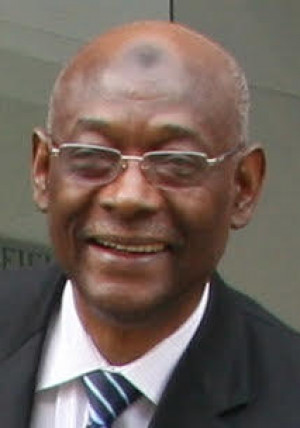
Dr. Moctar Touré, one of Senegal’s most distinguished scientists and a symbol of academic excellence across Africa, has finally been granted a visa to France — but only after a wave of backlash that has ignited questions over the treatment of African intellectuals on the global stage.
A former Director General of the Senegalese Institute of Agricultural Research and a former executive at the World Bank, Dr. Touré currently leads the Senegalese National Academy of Science and Technology.
Despite his eminent profile, he was denied a French visa in early July without detailed explanation from the French Embassy in Dakar.
What began as an administrative procedure quickly evolved into a diplomatic flashpoint. The scientific community, civil society, and political figures swiftly voiced their concern.
Among them was Dr. Papa Abdoulaye Seck, former Minister of Agriculture, who addressed a letter to the French consul, condemning what he saw as a symbolic rejection.
“What is excellence worth if it doesn’t even guarantee access to a conference or a laboratory?” he wrote, echoing a broader frustration within Africa’s academic circles.
In an interview with Le Soleil, French Ambassador to Senegal Christine Fages confirmed the visa had ultimately been approved, calling the initial denial a “misunderstanding.”
But many see the gesture as too little, too late.
The incident exposed a broader trend — with only 62% of short-stay visa applications currently approved by French consulates, even top-tier scholars face uncertainty when applying to attend international events.
The controversy has rekindled longstanding concerns about the barriers African researchers face, from delayed invitations and excessive scrutiny to opaque visa decisions.
Critics argue these hurdles undercut the very idea of scientific diplomacy and diminish the credibility of international collaboration.
The case of Dr. Touré now stands as a cautionary tale: when access to knowledge is contingent upon bureaucratic discretion, even the best-qualified candidates find themselves at the mercy of systems that fail to recognize their value.
In the eyes of many, it is not an isolated error, but a symptom of deeper inequalities that persist in global academic exchanges.



